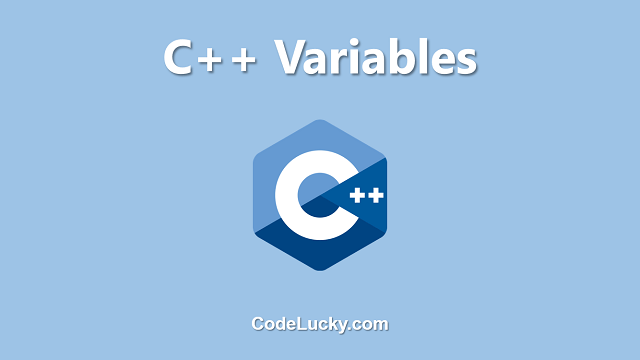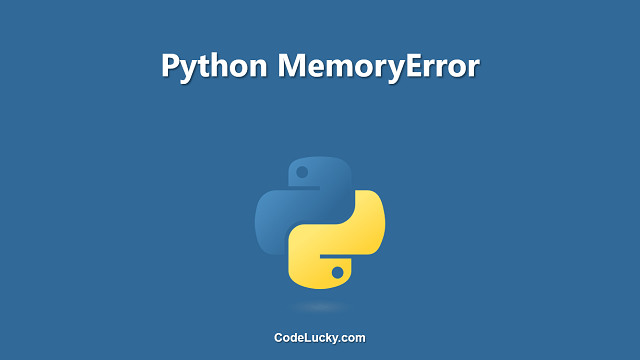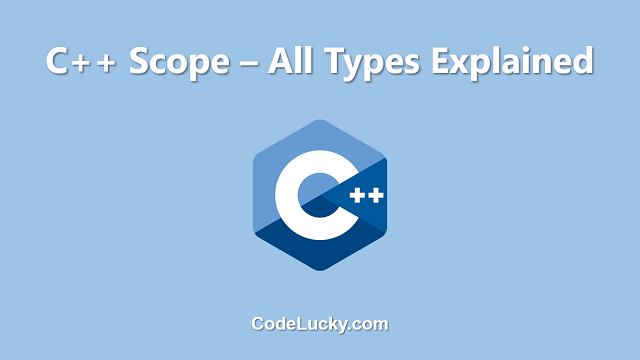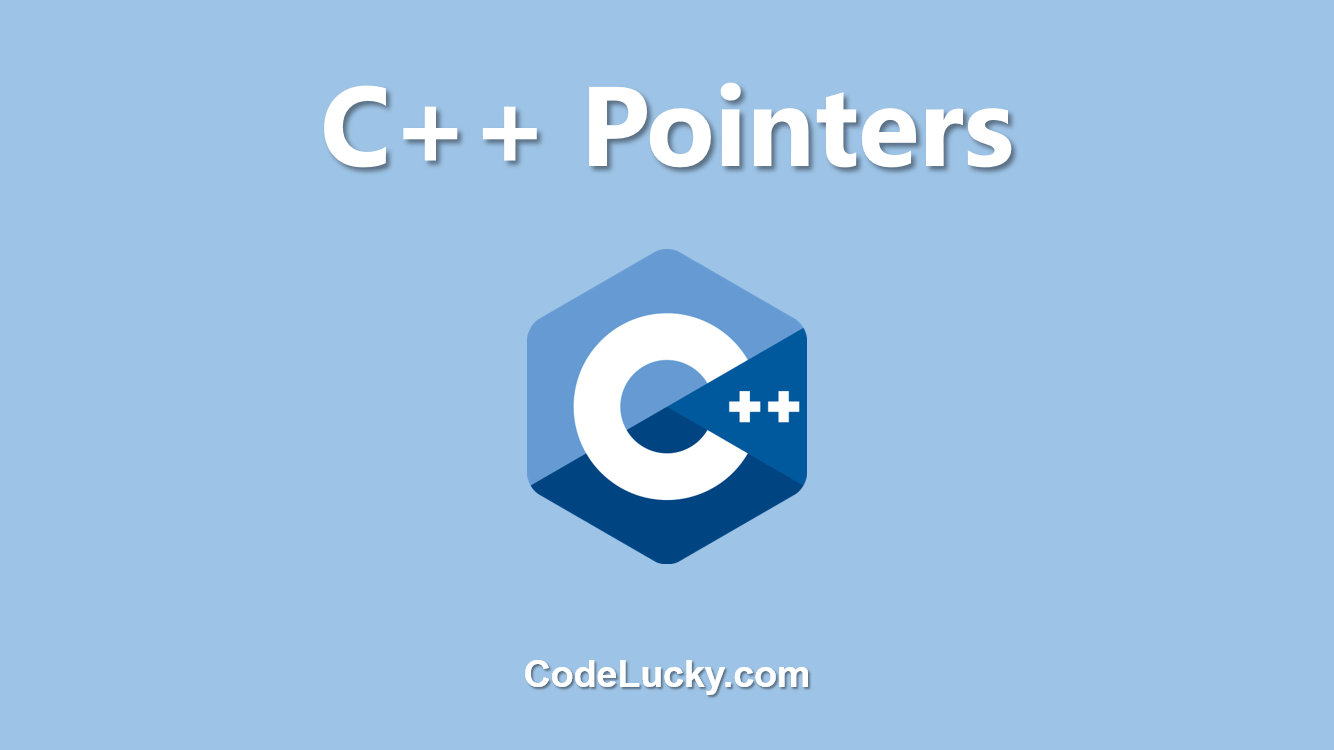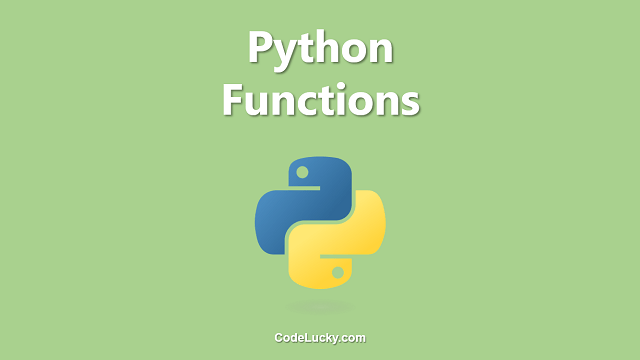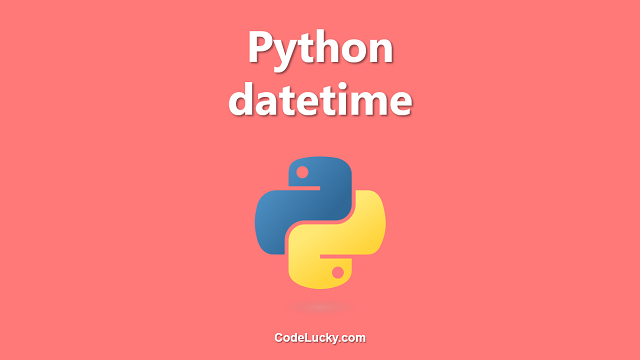In C++, a variable is a named location in memory that stores a value. Variables are used to store and manipulate data in a program. Understanding the concept of variables and how to use them effectively is crucial for developing efficient and effective code in C++. In this article, we will discuss the basics of C++ variables, including how to declare and initialize them, as well as the different data types available in C++.
Declaring Variables
Before a variable can be used in a C++ program, it must first be declared. Declaring a variable involves specifying its data type and giving it a name. For example, to declare an integer variable called x, you would use the following syntax:
int x;
It’s important to note that in C++, variables must be declared before they are used. If a variable is used without being declared first, the program will not compile and will generate an error.
Initializing Variables
In addition to declaring variables, you can also initialize them when they are declared. Initializing a variable involves assigning a value to it at the time of declaration. For example, the following code declares an integer variable called x and initializes it with the value of 5:
int x = 5;
It’s important to note that variables can also be initialized after they are declared. For example, the following code declares an integer variable called x and then assigns the value of 5 to it:
int x; x = 5;
Initializing a variable when it is declared can be useful because it ensures that the variable has a known value from the start, which can help to prevent errors in the program.
Declaring and Initializing Multiple Variables
You can also declare multiple variables of the same data type on the same line by separating them with commas. For example, the following code declares two integer variables called x and y:
int x, y;
You can also initialize multiple variables of the same data type on the same line by separating the values with commas. For example, the following code declares two integer variables called x and y and initializes them with the values of 5 and 10 respectively:
int x = 5, y = 10;
Declaring and initializing multiple variables in this way can be useful for situations where you need to declare and initialize a lot of variables of the same data type. It can also make the code more readable and easier to understand.
Data Types
C++ has a variety of built-in data types, including:
int– used for whole numbers, such as -5, 0, 25, etc. It can store values in the range of -2147483648 to 2147483647.float– used for decimal numbers, such as 3.14, -0.01, etc. It has a precision of 6-7 decimal places.double– similar to float, but with a higher precision of 15 decimal places.char– used for single characters, such as ‘a’, ‘$’, ‘Z’, etc. It is enclosed within single quotes.bool– used for true or false values, also known as boolean values.string– used for storing sequences of characters, such as “hello” or “goodbye”. It is enclosed within double quotes.
It’s important to choose the appropriate data type for your variables based on the type of data they will be storing. Using the wrong data type can lead to unexpected results and errors in your program. For example, using a float to store a whole number such as 5 will work, but it’s less efficient than using an int.
Variable Names
When naming variables in C++, it’s important to follow a few rules to ensure that your code is valid and easy to understand:
- Variable names can only contain letters, numbers, and underscores.
- Variable names cannot begin with a number.
- Variable names are case-sensitive, so
xandXare considered different variables. - Avoid using keywords as variable names, as they are already used by the C++ language.
- Use meaningful and descriptive variable names that clearly indicate the purpose of the variable.
For example, instead of using a variable named a, it would be more meaningful to use a variable named age if it’s used to store a person’s age.
Summary
In this article, we have discussed the basics of C++ variables, including how to declare, initialize, and use them effectively. We have also discussed the different data types available in C++, and the importance of choosing the appropriate data type for your variables. Additionally, we have covered the rules and best practices for naming variables in C++. Understanding and utilizing variables correctly is an essential part of developing efficient and effective code in C++.

